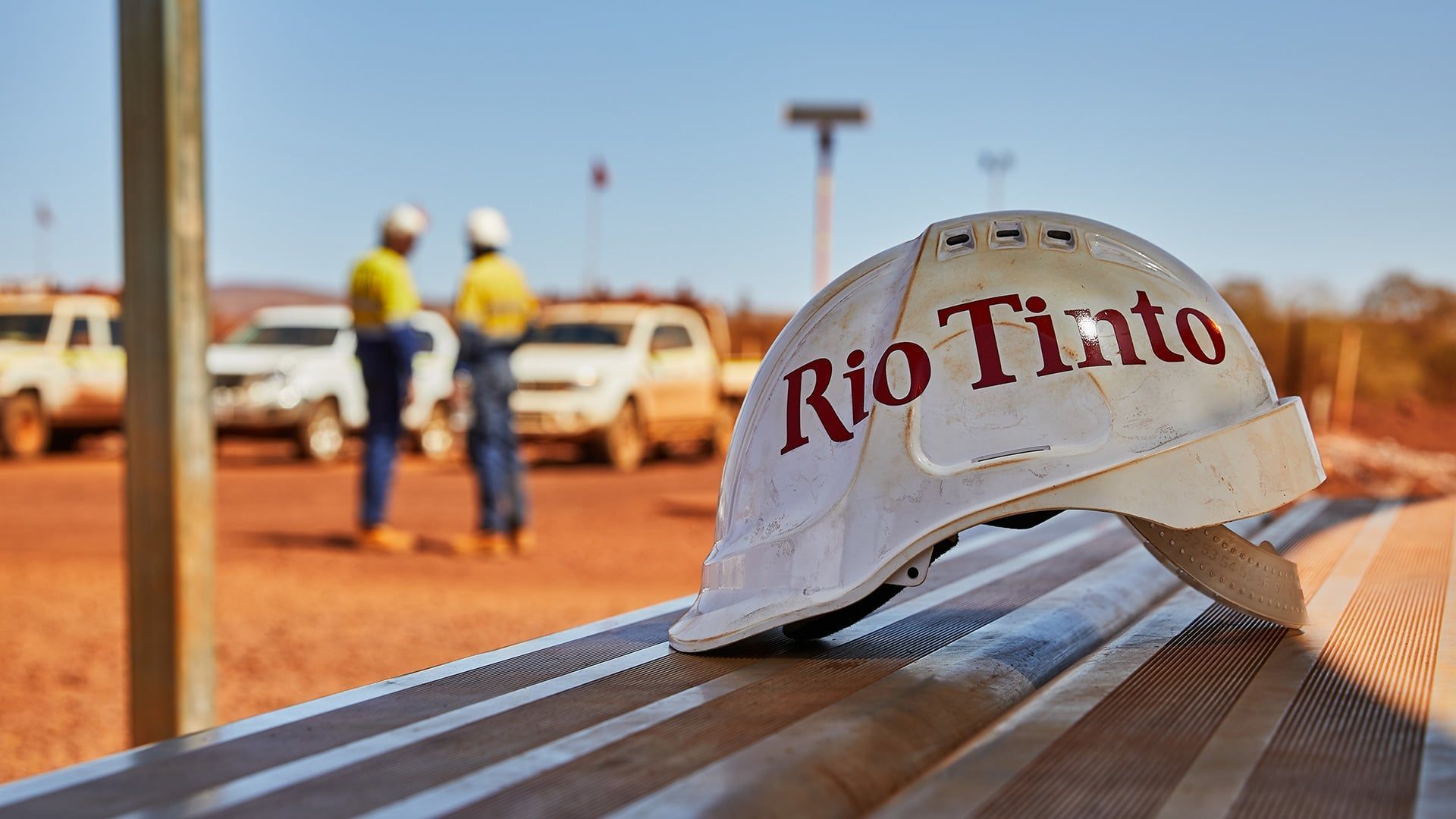New WHS amendment Bills
New Bills in the Queensland and South Australian Parliament are proposing important changes to the states’ work health and safety (WHS) laws
Queensland
The Work Health and Safety and Other Legislation Amendment Bill 2015 (Qld) proposes to make a number of important changes to the Work Health and Safety Act 2011 (Qld), including:
- removing the requirement for WHS permit holders to provide 24 hours notice before entering workplaces to investigate a suspected WHS breach
- restoring the right for health and safety representatives (HSRs) to direct the cessation of work, and
- allowing HSRs to request the immediate assistance of anyone at the workplace.
In addition, the Bill would reinstate an employer’s requirement to notify the regulator where a worker has been absent from work for more than four days due to a workplace injury or illness.
The amendment Bill also seeks to amend the Electrical Safety Act 2002 (Qld) to reinstate the position of the Electrical Safety Commissioner. The Commissioner would be required to advise the government on electrical safety matters.
Read the second reading speech for the Bill here.
South Australia
Prosecutions under repealed OSHW Actouth Australia
The Work Health and Safety (Prosecutions Under Repealed Act) Amendment Bill 2015 (SA) proposes to insert a new cl 25A under Sch 6 to the Work Health and Safety Act 2012 (SA).
Under the proposed cl 25A, the Minister would be able to allow proceedings to be brought for offences committed against the repealed Occupational Health, Safety and Welfare Act 1986 (OSHW Act), even though the limitation period has expired.
This power is limited to situations where proceedings previously commenced against a person were withdrawn, discharged, dismissed or otherwise brought to an end because the person who brought the proceedings lacked authority to do so.
The Minister would only be able to extend the time limit to bring the proceedings where “it is in the interests of justice to do so”.
New industrial manslaughter offence
The South Australian Parliament is also considering the Work Health and Safety (Industrial Manslaughter) Amendment Bill 2015 (SA), which was introduced by Greens MP Tammy Franks.
This amendment Bill seeks to insert a new s 268A in the Work Health and Safety Act 2012 (SA), imposing criminal liability on employers and officers where their negligence results in the death of a person.
Under the proposed s 268A, employers would be guilty if a breach of the employer’s duty results in the death of a person and:
- the employer knew that the act or omission constituting the breach would create a substantial risk of serious harm, or
- the employer ought reasonably to have known that the act or omission would create a substantial risk of harm, or
- the employer was “recklessly indifferent” as to whether act or omission would create a substantial risk of harm.
An officer would be guilty if they engage in conduct that could be imputed to their employer if they had been acting within the scope of their authority.
An employer or officer found guilty of the offence would face up to 20 years in jail (if an individual) or a fine of up to $1m (if not an individual).
“This article originally appeared on CCH Australia and is reproduced with permission”
Contact Us
We will get back to you as soon as possible.
Please try again later.
Zenergy News

Contact Us
For more information on our services feel free to email us on -
info@zenergygroup.com.au or call 1300 333 400
Sydney
25 Brisbane Street
Surry Hills
Sydney NSW 2010
Melbourne
Level 23, Tower 5, Collins Square
727 Collins Street
Melbourne VIC 3008
Brisbane
Level 54, 111 Eagle Street
Brisbane QLD 4000
Perth
108 St Georges Terrace
Perth WA 6000
Recent News
© ZENERGY 2022 | Privacy Policy |







